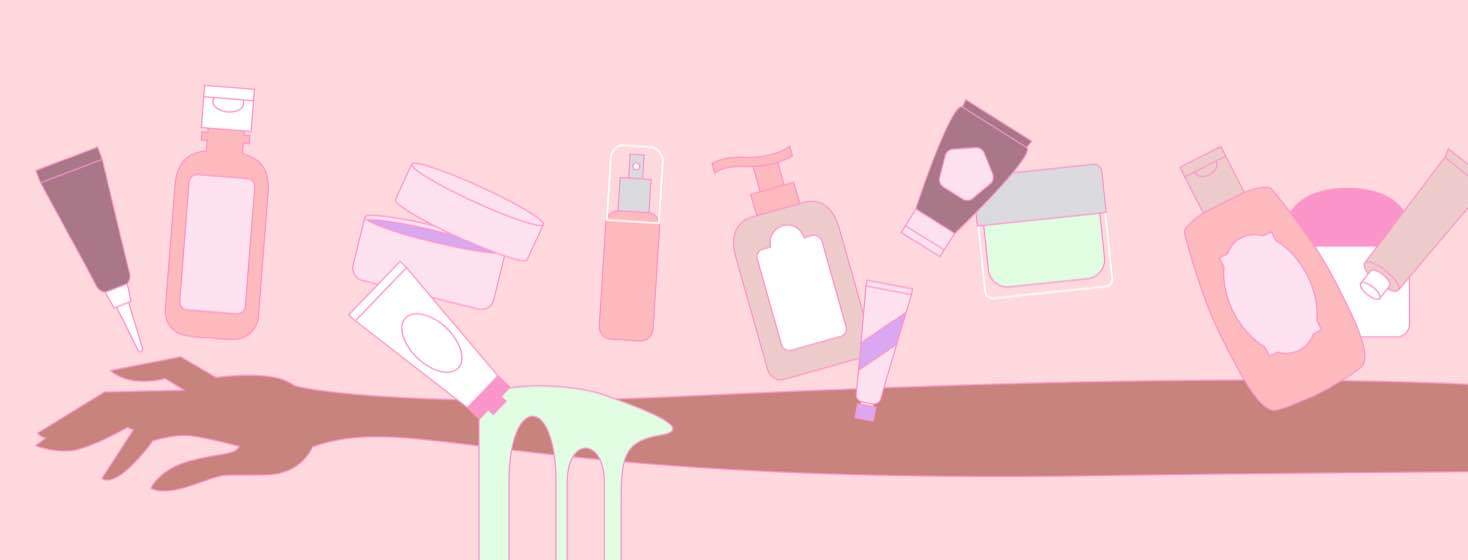Sunscreen Basics: Expiration Dates and a Little Creativity
Over the last several years, I have turned into quite the sunscreen hoarder. When you are wearing sunscreen on a daily basis and reapplying throughout the day in summer months, your sunscreen needs are great. There isn’t a bottle I see that I don’t scrutinize - the label, the fragrance, and even the consistency. I am always on the lookout for SPF 30 or higher and love finding a good sunscreen on clearance. One more thing I make sure to do before sealing the deal is to check the date. Sunscreens, just like any other healthcare product with ingredients that can lose effectiveness, have expiration dates.
Why do sunscreens have expiration dates?
Until it was brought to my attention a few years ago, I never realized sunscreen expired. I assumed that as long as my bottle still contained enough sunscreen for another new season of outdoor activities, I was all set. Unfortunately, I couldn’t have been more wrong. Most sunscreens, unless their ingredients are made to maintain effectiveness for three years, will have a printed expiration date.1 The length of time your sunscreen is effective will depend solely upon its ingredients. I know myself - if I grab sunscreen without a date, I will likely forget the date I purchased it, so I err on the side of caution and only buy bottles with dates. Better safe than sunburned.
How heat affects sunscreen expiration
When you think about it, our sunscreen bottles take a beating. From the hot car to the pool to the beach to the lake and back to the steamy car, sunscreen really gets put to the test. I never considered any of this in the early years of using sunscreen after my melanoma diagnosis. I would, without a second thought, lug the same bottle of sunscreen into and out of my hot car and allow it to sit in a beach bag under the noonday sun. Then, my kids and I would put that same bottle back in the cabinet only to repeat the madness regularly all summer long.
While I was protecting our skin, I wasn’t always getting rid of a compromised product the way I should. The warm temperatures to which I regularly subjected my poor sunscreen bottle may actually have decreased the effectiveness of its contents over time.2 By keeping and using the same bottle from year to year, I was likely increasing the chances of UV damage. Though we still carry sunscreen with us, we are no longer using it for longer than a season. (We are fair-skinned folks, so once we begin to reapply, there isn’t a lot left to salvage come summer’s end).
Waste not, want not
On occasion, my sunscreen hoarding leaves me with the odd expired bottle. I feel bad just tossing bottles that are almost full, and I wondered if there was anything I could do to put that sunscreen to good use. It turns out there are some pretty ingenious ideas out there ranging from using expired sunscreen as moisturizers to using it as a cleaning agent.3
Use as moisturizer
I can definitely see using sunscreen as a moisturizer. I have to add that the lower the SPF, the creamier a sunscreen tends to be. I’m not sure the consistency of a sunscreen much higher than a 50 SPF would lend itself well to absorbing as thoroughly as a moisturizer.
Use to clean adhesive residue
I would definitely be doing you a disservice if I failed to tell you about the scissors. Yes, I said scissors! As a mom and elementary teacher, I cannot effectively communicate to you how many pairs of scissors I have ruined over the years. I cut everything from self-adhesive Velcro to duct tape and name-tag stickers for my students’ desks. A quick internet search on uses for expired sunscreen may have changed my world in more ways than one. Apparently, expired sunscreen can be used to clean adhesive residue from the blades of scissors.3 Who would have dreamed?
Check those expiration dates!
Sunscreen education is important. Of even greater importance is the fact that you wear it daily and year around. Whether you hoard it like me or purchase it as you run low, watch those expiration dates and changes in temperatures as you carry it out and about. If you do find yourself with a bottle you can no longer use, try putting it to use in some other way. The possibilities are endless, but it all starts with skin protection.

Join the conversation